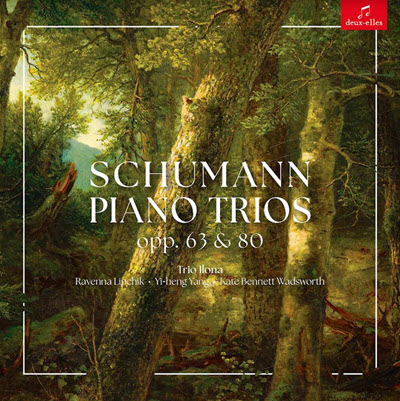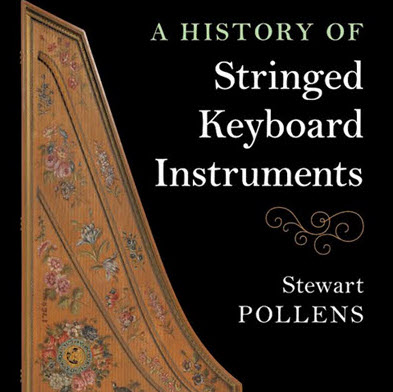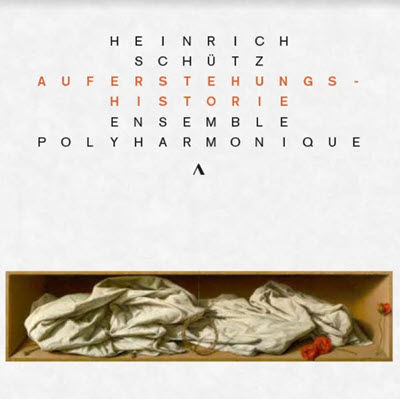by Jacob Jahiel
Published January 8, 2024
Do Not Lament. Rebecca Scout Nelson and friends. Il Pirata Records. Streaming only.
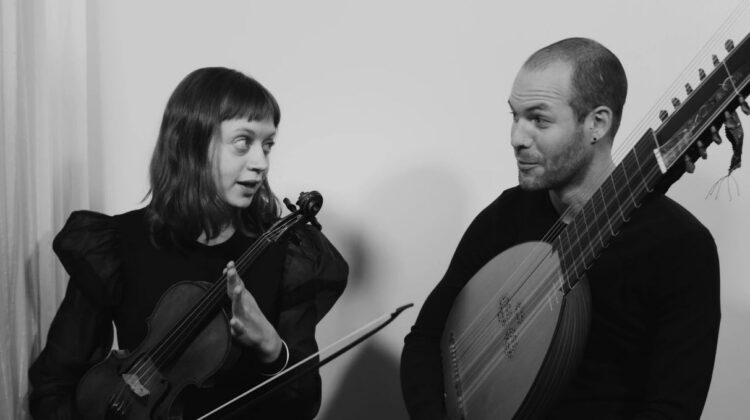
Spend some time with Smithsonian Folkways recordings and you’ll find expressions of loss every bit as profound and gut-wrenching as Josquin’s “Mille regretz.” Traditional American folk music — listen to Ola Belle Reed and the Carter Family, for instance — has a particular way of facing unimaginable tragedy with stoicism and grace. It is music born of hardship and suffering, but also enduring hope.
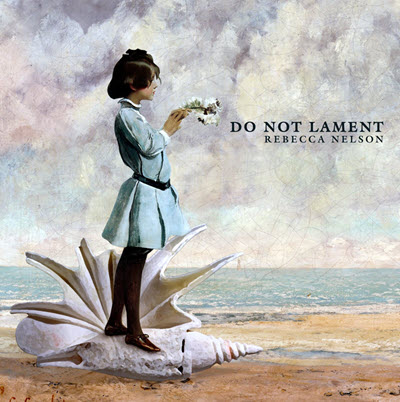
In her 2023 album Do Not Lament, Baroque violinist, vocalist, composer, and songwriter Rebecca Scout Nelson taps into the deep emotional and stylistic well of American folk music, intertwining it with her love of the Baroque. A recording project born of a dual tragedy — the loss of her sister followed almost immediately by the pandemic — it is perhaps natural that Nelson would wrap herself in the comfort of the two genres in which she feels most at home.
Nelson nimbly navigates across mediums and styles, generating an alluring musical liminality that is met with an equally alluring emotional one, what she describes as “…highlighting the beauty in joy, in sadness, and most of all in the moments when joy and sadness intersect.” She locates those moments and that intersection, which she inhabits fully and generously.
Nelson possesses a rare ability to embrace complexity of emotions rather than merely caricaturize or sentimentalize them, as singer-songwriters are sometimes liable to do. The album’s bittersweet title track, “Do Not Lament,” countermands itself with its characteristic “lament” bass line (think Purcell’s “When I am laid in Earth”), embracing a witty yet heart-wrenching irony. Songs like “Leftover Love” and Boësset’s “Je voudrois bien, Ô Clovis” offer candid expressions of loss, while elsewhere “Beautiful Mess” and Purcell’s “How Blest Are Shepherds” prove life-affirming.
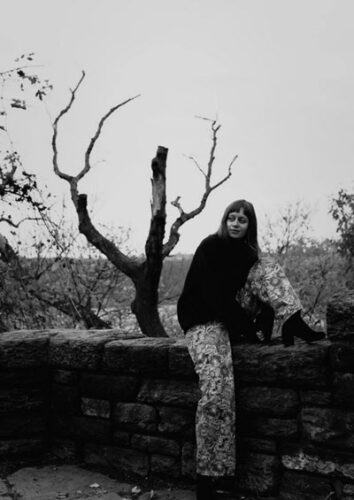
When singing, Nelson’s warm cooing is inviting and understated, but she isn’t afraid to execute the occasional mordent, either. She makes for an eloquent lyricist, an elegant songwriter, and a resourceful arranger of borrowed tunes.
Also an adept composer, Nelson offers a smattering of free-form instrumental fantasias, or “Consolations,” which span the emotional and stylistic gamut from expansive expressions of searching and longing (Nos. 1, 3, 6) to playful and lively toe-tappers (Nos. 4, 5, 7).
Nelson’s roster of bandmates, a long list, brings to the album a high-caliber early-music sensibility in addition to making impressively quick studies of its folk elements. Notable but by no means exhaustive: Joshua Stauffer can flatpick guitar as well as he can strum a lute, and Sydney ZumMallen channels an excellent Appalachian fiddle into her viola da gamba. Nelson’s own playing is stylish and enticing, particularly in “I’d rather not (Drinking Song)” and “Chocolate Bird,” in which she effortlessly toggles between the “fiddle” and “violin” realms.
At its core, Do Not Lament is musically compelling and, more vitally, emotionally and musically honest. It is recommended to lovers of Baroque music, folk music, or any human being with a pulse.
Jacob Jahiel is a writer, arts administrator, and violist da gamba living in Baltimore. For EMA, he recently wrote about Nelson and musicians of Musica Pratica, reopening the book on Baroque composition.

